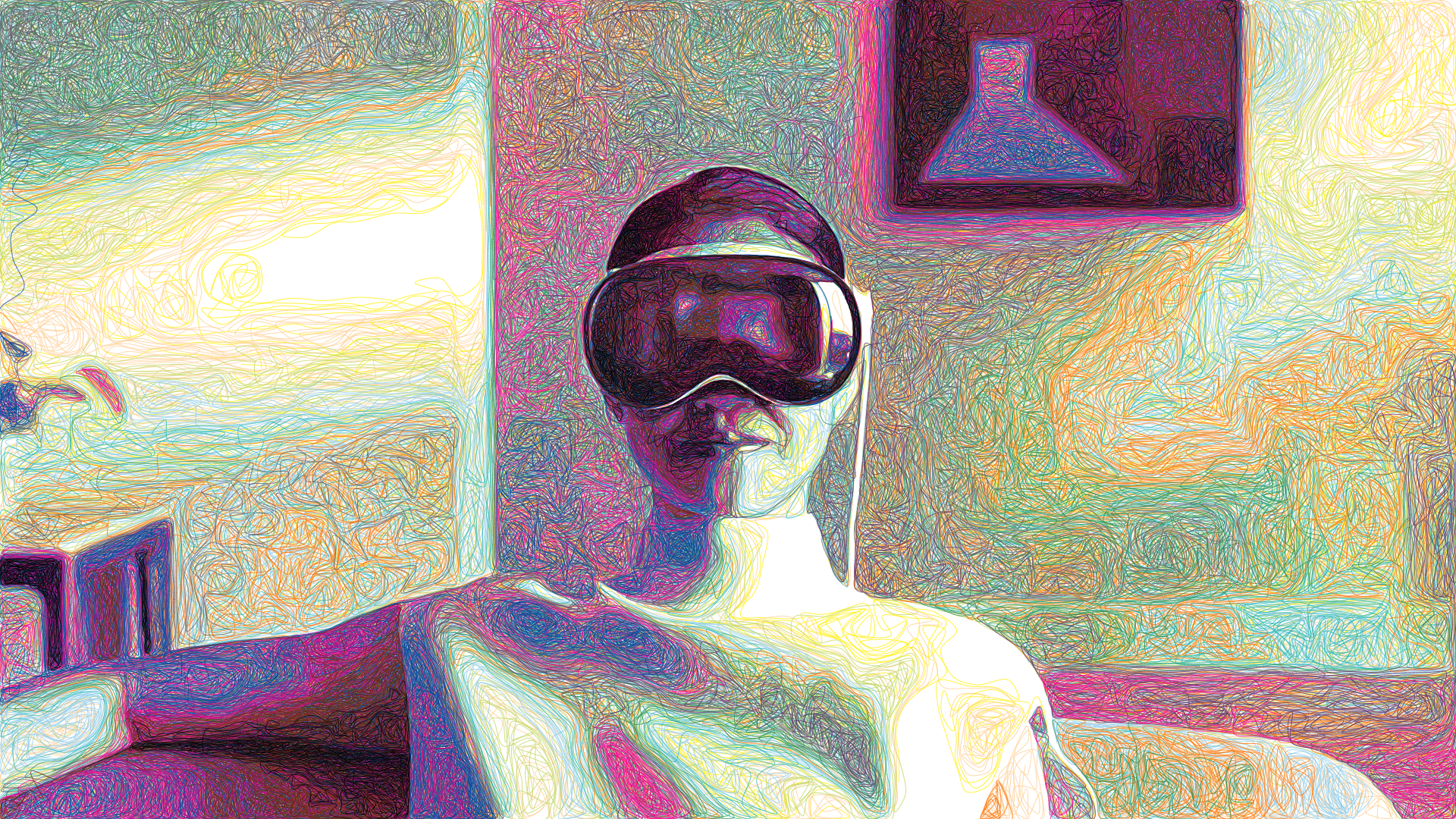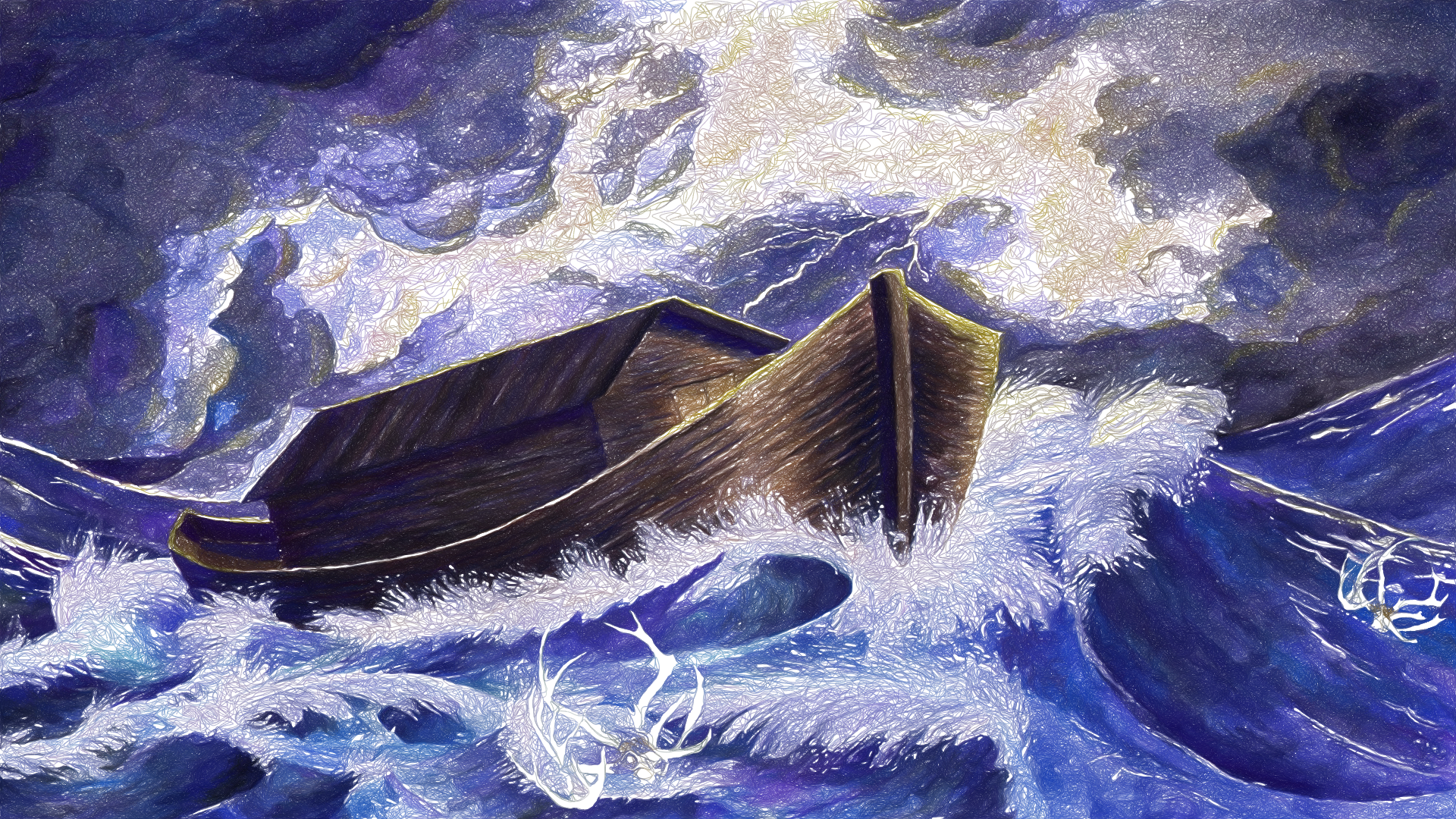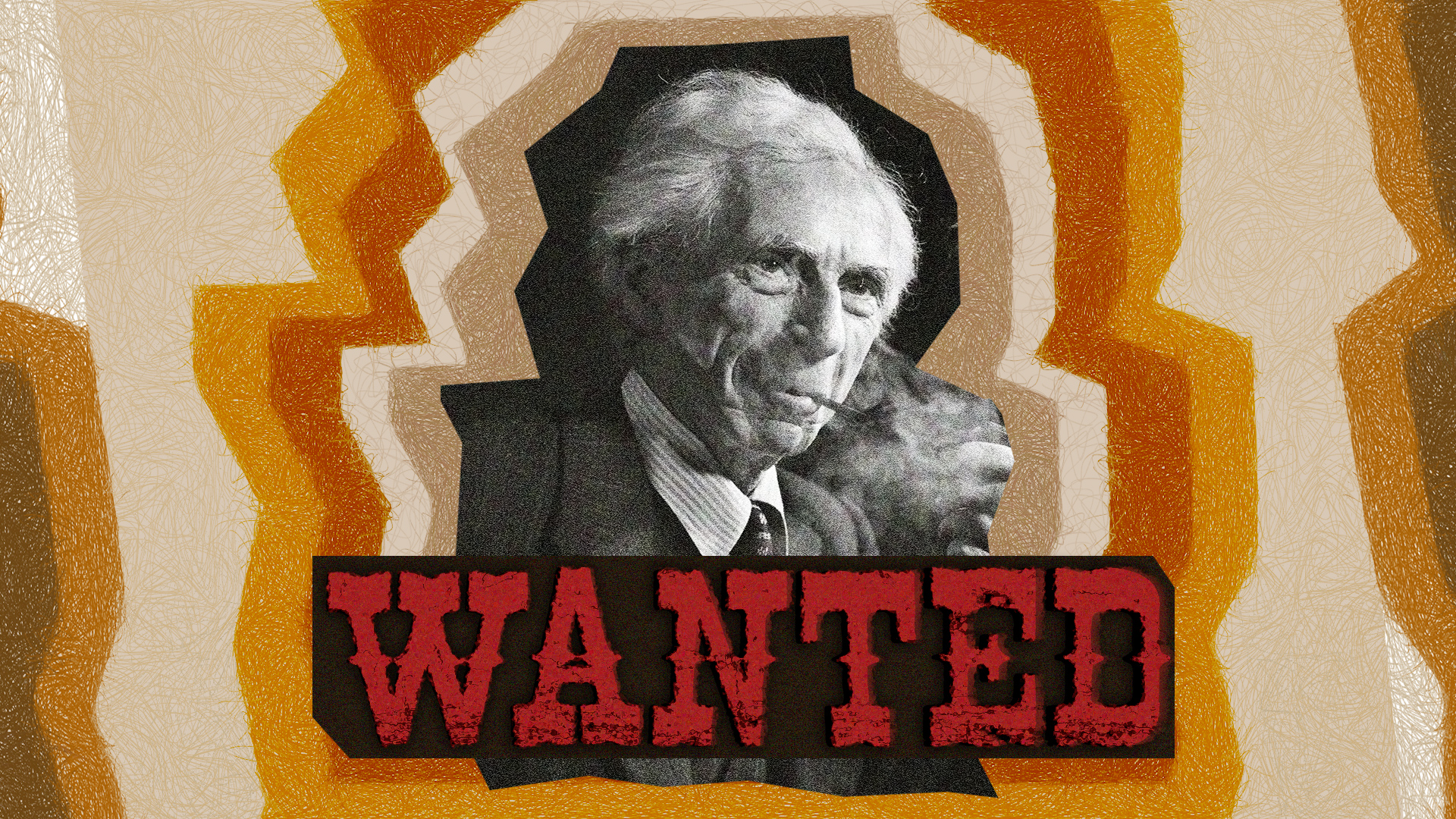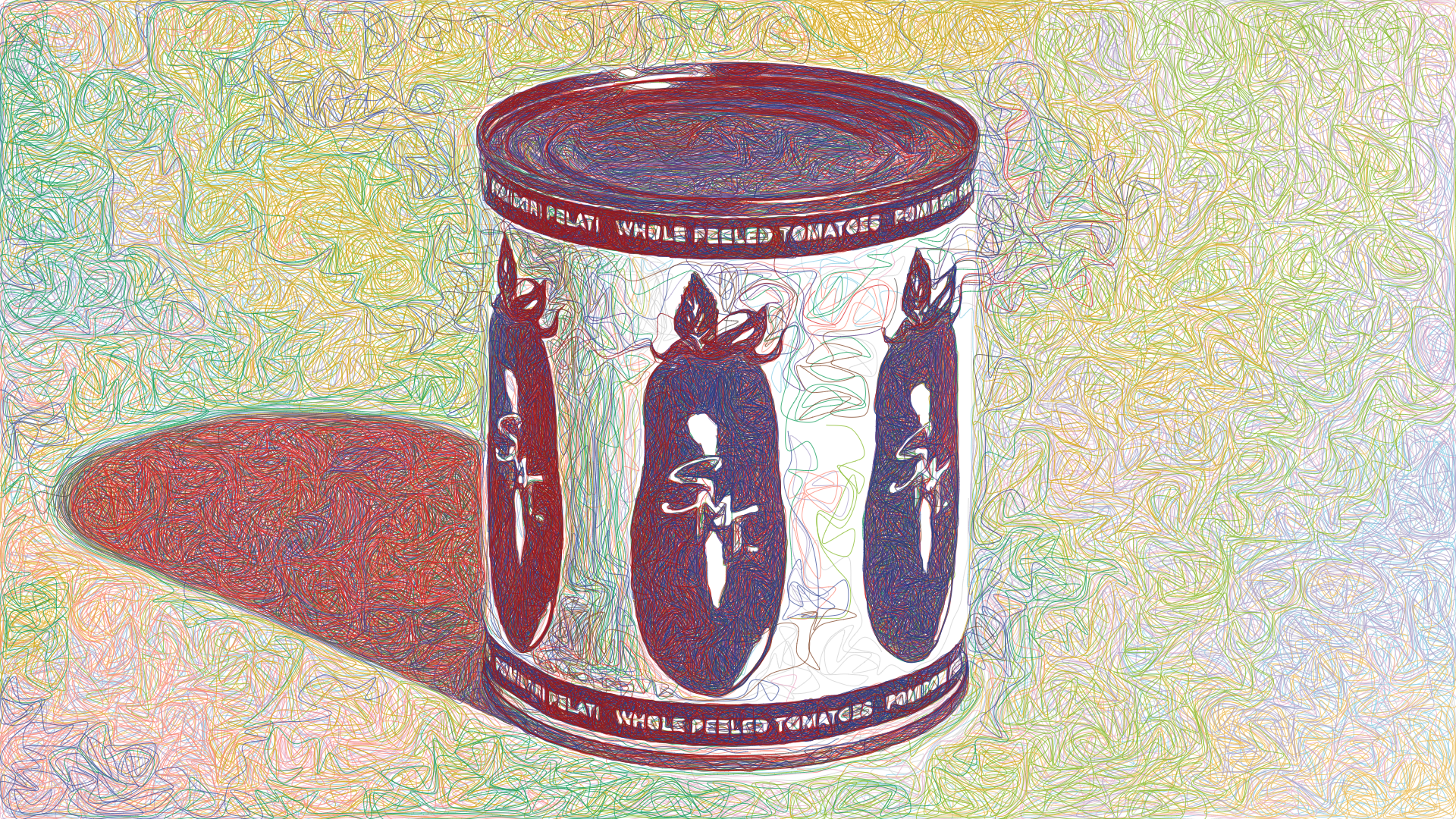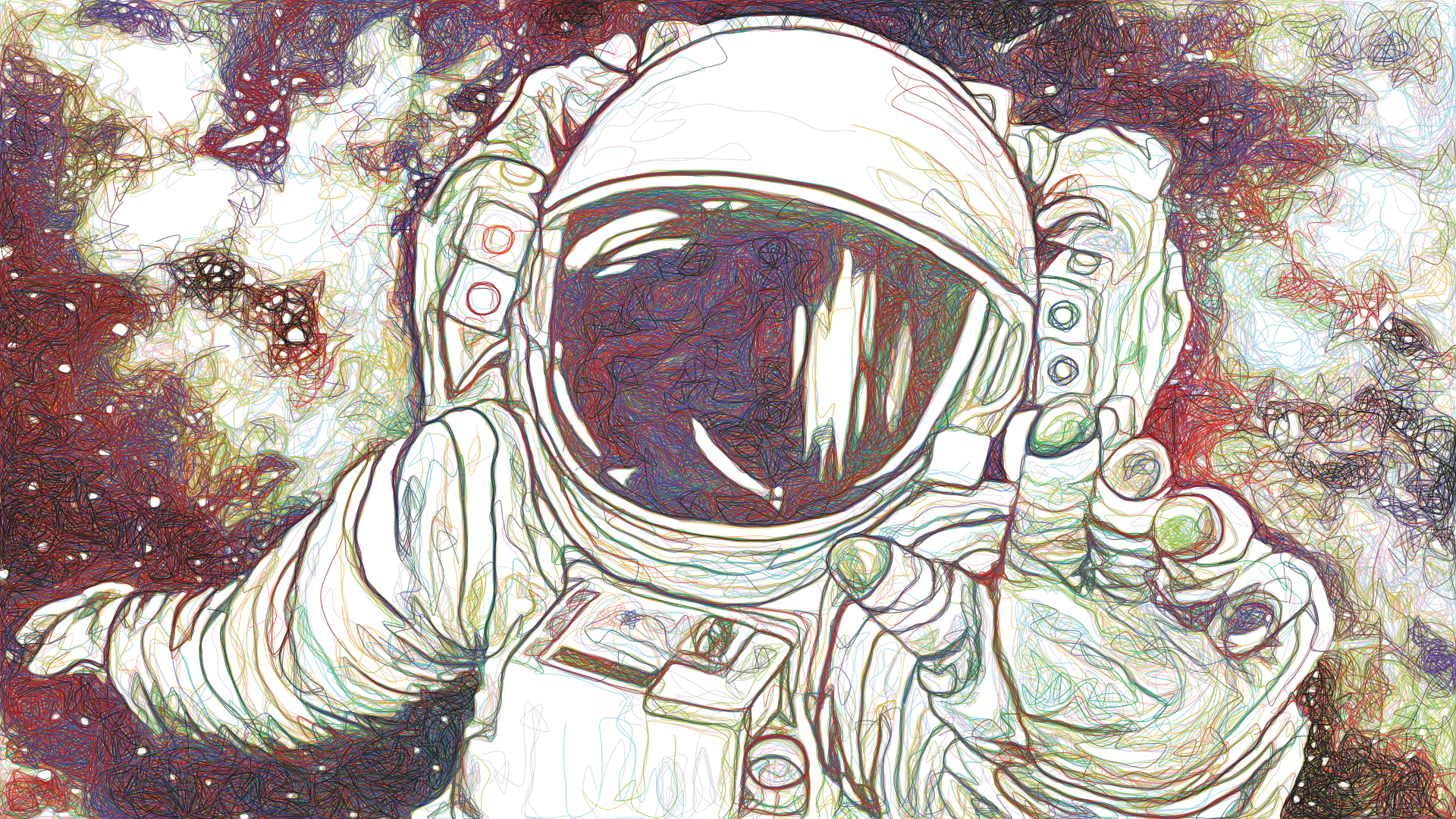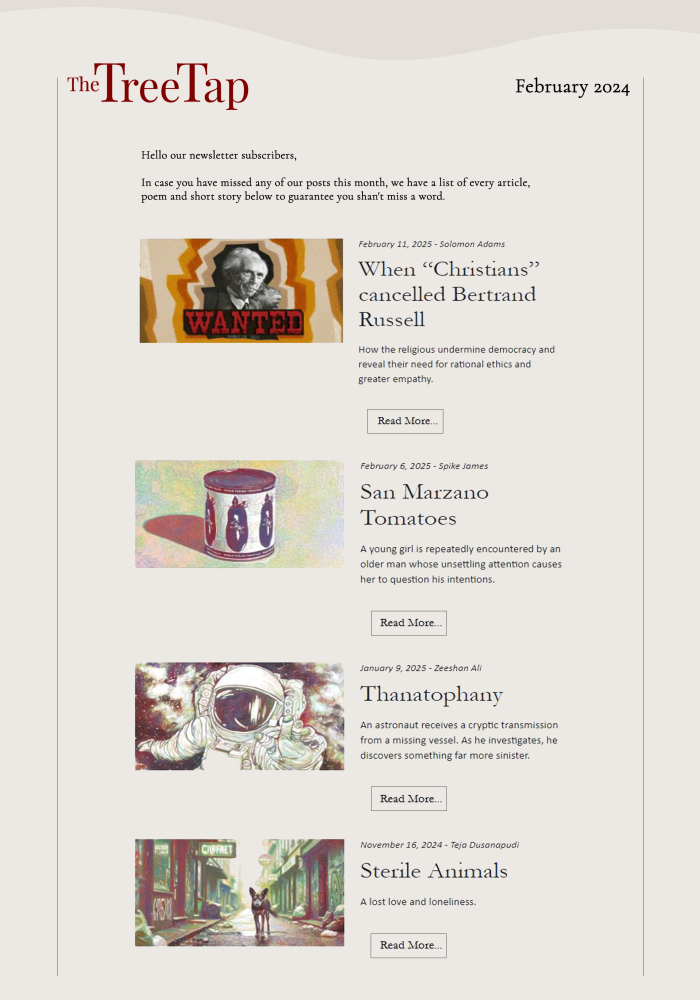I hope you will forgive me for excavating your memories of English lessons where you sat in stuffy classrooms on the edge of summer, fighting sleep, and for all the world wishing to be outside instead of enduring a lecture on the importance of Huxley’s magnum opus. But, you see, above the brain fog the novel can conjure up for adolescents, immense value continues to shine from Brave New World which is applicable not only to the societal and political systems of today, but to the modern life of any adult revisiting the text. As with every quaking step of technological advancement shifting societal norms, many are pondering whether we have already entered into the dystopian world Huxley imagined in his 1932 novel.
And now, with conceivably the majority of you (including myself) having cast the novel into the unimportant furnace of your childhood experiences, it is not without that same grave importance your teachers propagated that I address you today.
So, if you would allow me but fifteen minutes on your morning commute, afternoon jaunt, or well-earned evening lounge, I would like to rekindle your knowledge of the famed work and lead you through two pressing topics of similarity that have worryingly developed since your last encounter with the text, and furthermore, provide some insight into what they mean regarding our future.
But as with any meal, we must finish our starter before we can get to the savoury meat of our main. So before I begin, first allow me to summarise the narrative of Brave New World for those who may be struggling to recall it:
(For those familiar with the story skip to the line starting: “But where do we begin…”)
Our first protagonist, Bernard Marx, is a discontented, alleged mishap of genetic engineering who does not conform with his high (Alpha-Plus) caste status. However, he still retains his important profession working as a sleep-learning specialist at the Central London Hatchery and Conditioning Centre, a place where genetically engineered children are conditioned into their future societal roles and encouraged to swoon relentlessly in their animalistic pleasures.
Our second protagonist, Lenina Crowne, is a promiscuous young lady and true embodiment of World State society. However, it is because of her vivacious sex-life that she grows interested in Bernard, as scarily, her promiscuity has begun a recent decline, and thus sees the dysfunctional Bernard as a thrilling way to cure it.
As the story unfolds, Bernard wrestles with his discontent. He tries to persuade Lenina of his societal dissatisfaction but fails, and grows envious of friend, Helmholtz Watson, who articulates himself to Lenina far superiorly – he resembles everything Bernard wishes he was: strong, intelligent, and attractive.
So, hoping to impress Lenina, Bernard brings her on a ‘business trip’ of sorts where the first crux of the story takes place. They venture to a “savage reservation” – a place where the technologies of the World State have not been introduced and the “savages” still give birth, believe in gods, and endure physical pain and emotional suffering. It is here they meet the third protagonist, a savage called John and his mother Linda, the latter who had previously lived in London before falling unlawfully pregnant with lover, and Bernards boss, Director of the Hatchery and Conditioning Centre, Thomas “Tomakin”.
Eventually, after sufficient research, Bernard, Lenina, John, and Linda return to London, and it is through the unconditioned lens of John we witness the paramount conflict of differences in the societies of his birthland and the World State. In London he is introduced to the genetic engineering of bottled, embryonic children and the hypnopaedia. He is introduced to the feelies, a promiscuous theatre experience which stimulates sight, hearing, scent and, most importantly, touch. And he is introduced to Soma, the perfect discomfort-quelling, happiness-inducing drug.
But most shockingly through John, we learn of the absences. He is bewildered and increasingly heartbroken to discover Shakespeare is not read or performed. And is angered by the shallow happiness of the World State and its lack of physical, ethical, and natural states he holds as true, such as the need of parents, the freedom to suffer, or ones right to die as subject to ones will.
The absence of these life necessities for John, partnered with his inability to reconcile his lust and love for Lenina, leads to his eventual suicide. He finally hangs himself once he realises a world of suffering is no better than a world of solely pleasure, exemplified by the swingling pendulum of his failure to repent for his sinful thoughts and actions by conducting repeated self-harming, and his instigating of a violence fuelled orgy in which he takes soma, the same drug which killed his mother, and, ‘stupefied’ by its effects, beats Lenina to death before the implied gratification of himself with her body post-mortem.
So goes John, a true Shakespearean character caught in his own tragedy.
But where do we begin our discussion on similarities? Well, I can think of no better place to start than in the midst of the most prevalent topic of the 21st century:
Technology
“People will come to love their oppression, to adore the technologies that undo their capacities to think.” (Huxley, 1932)
It’s no surprise that media is the single most influential tool in establishing power over a society. For thousands of years stories have been written for means of control and one would have to look no further than any religion and its combined texts to witness the human predisposition towards such. Yet, modern media conducts itself differently in light of new technology. We have smartphones, an instant access to a web of information or consumerism operating as an extension of ourselves. A lump of tech we can barely abstain from for a minute; our second-selves living inside this rectangle of self-indulgence. And like Huxley’s Soma, smartphones have become a drug. A manufactured pleasure which subdues us with dopamine. The ‘dopey’ pump of ‘doom scrolling’ eerily resembles such: “Swallowing half an hour before closing time, that second dose of soma had raised a quite impenetrable wall between the actual universe and their minds.” (Huxley, 1932). And for those familiar with the feeling of being trapped inside a hole of content, consuming reel after reel, and short after short, I think it hard to argue its insatiable numbness doesn’t induce a coma to reality.
Algorithms hold us in echo chambers that reinforce our existing beliefs and preferences. Every engagement of ours becomes a crumb for conglomerates to follow in anticipating our needs and influencing perceptions. Sociologist, Dr. Jane Smith, reinforces this fact: “The way social media algorithms shape our perception of reality is reminiscent of hypnopaedia. We’re constantly fed information that shapes our beliefs and behaviors, often without us even realizing it.”1
So how is this different to the conditioning of Brave New World? Well Dr. Nicholas Carr, an author on technology and culture, suggests it isn’t. Instead he points to the cognitive and emotional impact of constant digital engagement and suggests the way technology shapes our attention and thought processes is a form of modern conditioning, noting: “The Net’s interactivity gives us powerful new tools for finding information, expressing ourselves, and conversing with others, but also turns us into lab rats constantly pressing levers to get tiny pellets of social or intellectual nourishment.”2
And now physical nourishment. We have entire pockets of the global economy dedicated to the emerging market of internet pornography. The business of self-pleasure. Equally, in Brave New World ‘The Feelies’ is Huxley’s interpretation of future pornography – a sensual cinema where pleasure is received through grasping metal knobs and a conspiring scent organ which floods pheromones throughout the establishment – which is worryingly accurate considering the functionalities of upcoming technologies.
You may call it the Apple Vision Pro, a great lessening of the barrier between the real world and the virtual. And for now it may be augmented, but how soon will it turn into an entirely caged experience? Is it negligent to assume people can show cautionary restraint in the midst of excitement? If not, it could be a matter of years before our freedoms are wilfully traded. Soon to be entrapped by our own desires and swamp in alternate realities.
And with that, I think it opportune to move to the next topic of similarity:
Social Control and The Suppression of Individuality
“Most men and women will grow up to love their servitude and will never dream of revolution.” (Huxley, 1932)
In 1984 we have three infamous slogans which are indicative of the dystopian world: ‘War is peace, freedom is slavery, and ignorance is strength’. In Brave New World we have a different three: ‘Community, Identity, and Stability,’ and the latter three become fascinating when you think about how the political left posits the world right now. We may not be conditioned in hatcheries, but the pressure to conform to societal norms and expectations is undeniable. The emergence of cancel culture exemplifies this, with community now at the forefront of the political and societal framework. We are all together. Well, together in what? Our religions? Nations? No, we are together in our identity, and respecting the identity of every other human being and it being seen as an act of violence to do otherwise. Yet, what do these identities concern? Are they an insignia of profession, or values, or family? No, they are centred around sexuality. Our Freudian pleasures.
We have a new generation raised to believe they can identify as any gender they so wish, up to and including no gender, and a clear effort has been propagated by western media to promote the usage of pronouns and gender roles to not only adults, but more importantly, children – a method echoed in ‘Brave New World’, the idea that we have to hijack the education system and media to condition children to believe certain ideas in line with secular humanistic principles about adequate behaviour.
Which leads me to the heart of ‘Brave New World’ and Mustaphia Mond’s open question: if happiness, stability, and low crime are so desired by society, are they best achieved by trading away the heights of human achievement and instead focusing on more primitive sources of happiness, for example, sex?
It’s an interesting contemplation to think of those, like myself, reading Brave New World today and not being startled by that notion. But, in reality, societies overrun with sex and identity politics have become a growing occurrence in the western framework over the last ten years.
Now, Huxley’s famous line ‘everyone belongs to everyone else’ seems to vibrate in the modern context with the recent empowerment of freedoms one such as engaging with multiple sexual partners. However, a quick lick of research would show that in fact younger generations today (especially men) have far less sex than previous generations. “Between 2000-2002 and 2016-2018, past-year sexual inactivity rose from almost 19 percent to almost 31 percent among men ages 18 to 24.” And consulting pornography’s impact on young men’s sex lives, I hardly think this comes as a surprise. But could this also be affecting previous generations of men?
The ONS of England and Wales published statistics from 2021 stating there were “111,934 opposite-sex divorces, an increase of 9.3% from 2020 and 4.0% from 2019 divorces.” And furthermore, “63.1% of those opposite-sex divorces were petitioned by females, with 36.9% petitioned by males.”
In ‘Brave New World’ promiscuity is used as a control mechanism to prevent deep personal bonds that could insight social instability. However, Huxley may have not imagined that it would be ‘The Feelies’ equivalent of online pornography that may be the catalyst for increased break-ups and divorce rates. Marital devotion and emotional investment severely contrast the instant pleasures of promiscuity and pornography, and perhaps that is why we are witnessing such a small percentage of married couples surviving into the 21st century. Being products of consumerism: fast fashion, fast food, fast content, and fast love, our lives are tainted by instant gratification. There is no need to commit to anything entirely besides our work. Everything we need, we have now, and if we don’t, its made, sold, and bought tomorrow. If something is failing its easier to abandon it than fix it. Why sacrifice time in your career for someone that can be replaced quicker than your job? Women, on average, in terms of Tinder app success rate have a 35% chance of landing a match, whereas a man only has a 2.8% chance, such is the competition. Thus, this point in our existence remains the most sexually opportune in human history for females. As such, online dating, sexting, and virtual relationships have become almost second nature in 21st century life. Love with a human bar code. A great desensitizing of character. Face after face, swipe after swipe. People reduced to products. Human’s like steaks in a grocery store. Yet with such a low chance of matching, what need have men for dating applications? With a raised screen they isolate themselves from intimacy. From love. Taken by the false pleasures of their own hand. A divide between sexes growing, echoing Huxley’s call.
Our Future
Now, after having examined two unnerving similarities I’m sure we are all intrigued to know their potential bearings on our future and where, if left unchecked, they could lead us.
Well, an extreme of sustained technological progression could be something similar to The Wachowskis 1999 sci-fi blockbuster, ‘The Matrix’. As previously mentioned, we have already taken a leap into virtual reality, and if the accelerating change is to endure its conceivable the next steps of our virtual existence wont just stimulate one sense, but all five: sight, scent, sound, taste, and touch. And if this is achieved, where alternate realities become indistinguishable from our reality, facilities could be established in which your body is cared after, nourished, bathed, and massaged to keep your ‘shell’ in good health whilst your brain has you living in a simulated paradise. Perhaps even these facilities could become a hub for the elderly, who with a click of a switch could relive their life as if it were their most vivid dream. And after a few years of practice maybe the facilities could begin accommodating a younger intake, maybe those born with disabilities or sufferers of terminal illnesses.
Already its easy to perceive a whole spectrum of moral arguments arising regarding manufactured realities. Mother nature could effectively be defeated and the natural order of our existence thrown out of balance. Yet, the most troubling notion is by that point we may have given up an irretrievable amount of our freedoms and may not be able to return our world to a better one than those being manufactured. Thus, the world and our liberties will have been willfully traded and our successors will have no choice but to digitize themselves.
And what of our future individuality? Well, seeing as its decline appears somewhat proportional to our development of new technology, its clear unless adequate regulation and restriction is placed on the sector we may yet fall into worlds of our own modification where the new metric of individuality is based on the distinctiveness of our simulated realities. Which means true individuality could vanish. The individuality that swirls from the great cosmos of atoms around us; that presents itself in our biology and chemistry. The true individuality that no manufactured reality could emanate; the unknown answers of our existence.
Yet, I would like to believe there is hope for our successors. If Aldous Huxley has taught us anything, it’s that a society’s greatest strength lies in its people — in our capacity for critical thought, our individuality, our resilience in the face of challenges, and our commitment to truth. Encouragement can be found in the wakening of our generation. A generation that has identified and demonized the brain-rotting technologies that consume us. And now it is down to us to remain vigilant and cautiously mark societies steps into the future – to hold corporations accountable for their technologies and to prosecute them accordingly for any adverse impacts they may have.
And with this vigilance we can hope to navigate our brave new world whilst ensuring that we do not lose what makes us fundamentally human. For as long as we have our wits, and the lens of Huxley’s fiction poised, we can critically shape our future with ready wisdom.


